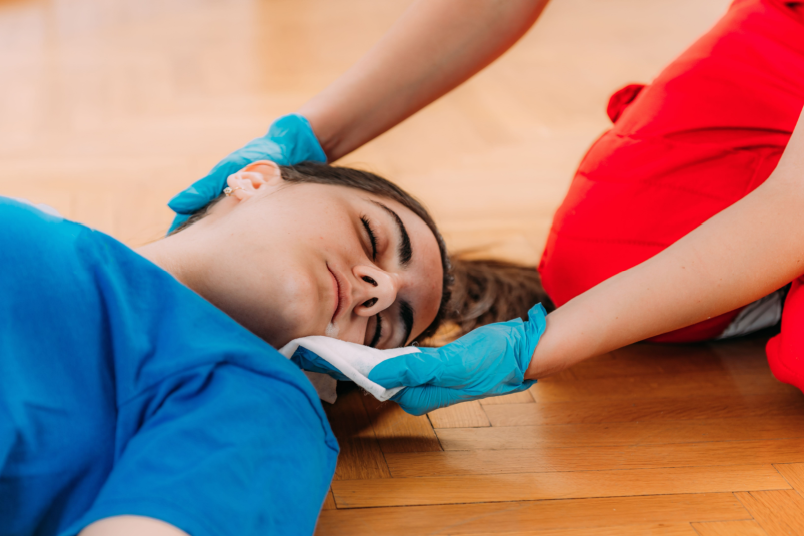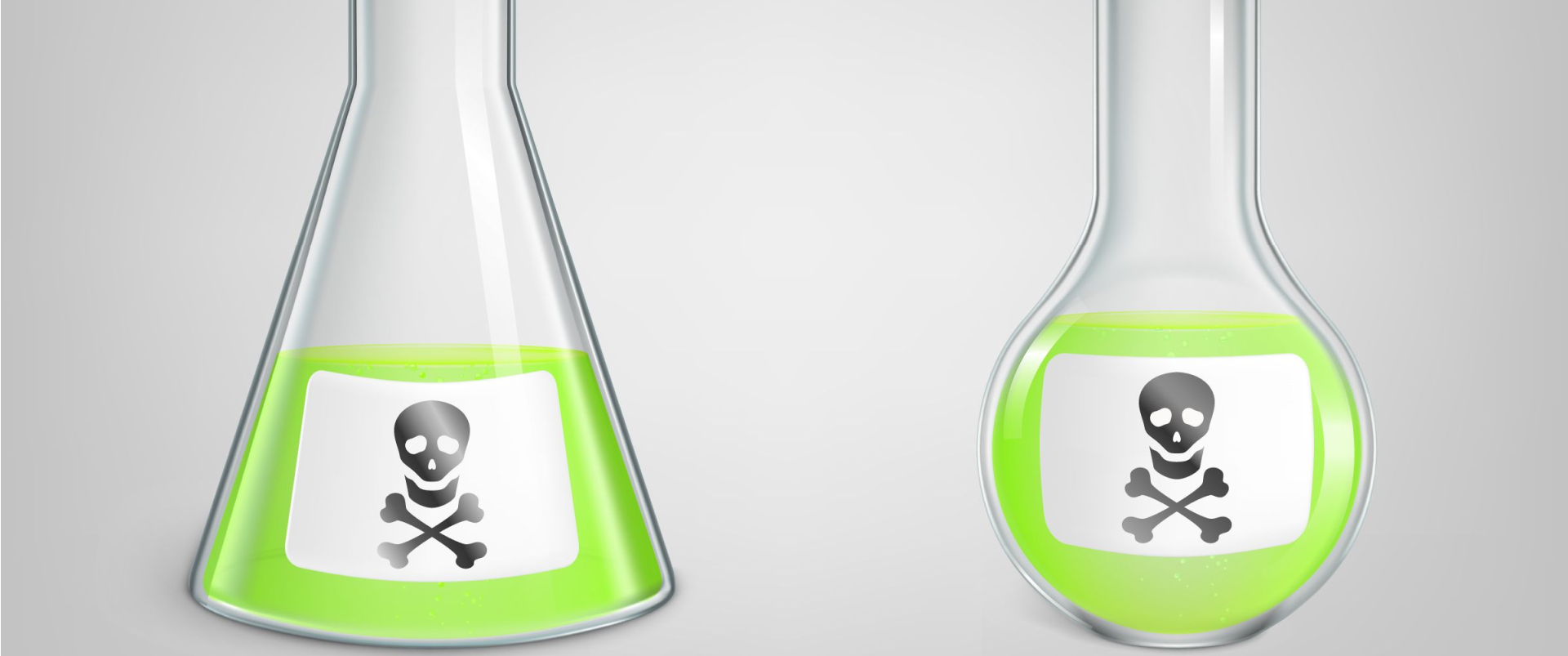Poison ingestion through animal bites like snakes either accidentally or intentionally gives nightmares with open eyes. Every creeping panic attack in the nerves is directly proportional to the fear we unfortunately imagine.
And the mind's first loud question is what to do after being poisoned.
While inducing vomiting seems to be the most logical remedy for poison cases, it is advisable that the management of poisoning be done under a medical professional’s supervision. This is because for an emergency doctor to act, knowing the medical history of the poisoned patient and the physical examination are of prime importance. Further, the source of poison and its various symptoms help in diagnosis.
As we uncover the escaping threat of poison ingestion, let’s also discuss the causes, signs and symptoms, and preventive tips for poison treatment
Why Poisoning Is An Emergency?
Poisoning is a serious and potentially life-threatening condition. It can enter our body through swallowing, inhaling, injecting, or absorbing a harmful substance. Poisoning does not have an age bar.
In India, a trend of poisoning, although not exact but comprehensively represented as below:
- Household agents (44.1%)
- Drugs (18.8%)
- Agricultural pesticides (12.8%)
- Industrial chemicals (8.9%),
- Animals’ bites and stings (4.7%)
- Miscellaneous groups (5.6%)
- Plants (1.7%)
- Unknown (2.9%)
Causes of Poisoning:
It is important to scrutinize to have little more than a basic awareness of our surroundings that goes way beyond keeping us safe.
This includes our house, nearby parks, workplace, environment, etc. to ensure that not just our children, but adults are also safe from animal (snake, dog, etc.) bites and harmful chemicals.
Children and pets must be kept away from-
household chemicals such as nail polish remover, mosquito repellants, paints thinner
poisonous plants,
drugs, and
alcohol
Be alert of warning levels of chemicals and ingredients written on the labels when buying products and always read it.
As a rule of thumb, do not touch or taste any product if unsure. It is always advisable to follow the instructions before using any product.
Signs and symptoms of poisoning:
Poisoning can cause various symptoms and vary depending on the type of poison, how much poison was involved, and how the person was exposed. Some common signs and symptoms are:
Nausea
Vomiting
Diarrhea
Abdominal pain
Drowsiness
High temperature
Chills (shivering)
Confusion
Seizures
Difficulty in breathing
Irregular heartbeat, and
Loss of consciousness
If you notice any of these signs or symptoms in yourself or someone else, do not wait for them to get worse. Seek medical attention immediately.
Preventive care for poison ingestion:

Preventive care for poison ingestion goes beyond the common measures. It demands us to think and approach such situations with high alertness. Let’s see some of the precautionary tips that are not a substitute for medical help or even precise medical advice.
If you or someone you know has been exposed to a poison, it is important to act quickly and seek medical help. Enlisting some tips on how to prevent and treat poisoning in individuals or what to do after someone is poisoned:
Remove any remaining poison from the mouth or skin or in their vicinity.
Call your local emergency hospital number or poison control center for advice.
Follow the instructions given by the emergency operator or poison control center.
Treatment for Poison Care:
Once you reach the hospital, the emergency doctors will conduct further tests and examinations to evaluate the diagnosis and determine the best course of treatment. The treatment may vary depending on the type and severity of poisoning, but it may involve:
Giving activated charcoal to bind with the poison and prevent its absorption for a certain level of poisoning within 1 Hour.
Performing gastric lavage to wash out the stomach contents.
Administering antidotes to counteract the effects of specific poisons.
Providing supportive care such as oxygen therapy, intravenous fluids, and medications.
Poisoning is a preventable and treatable condition if handled properly. If you have any specific questions about poison care, do leave a comment below.
